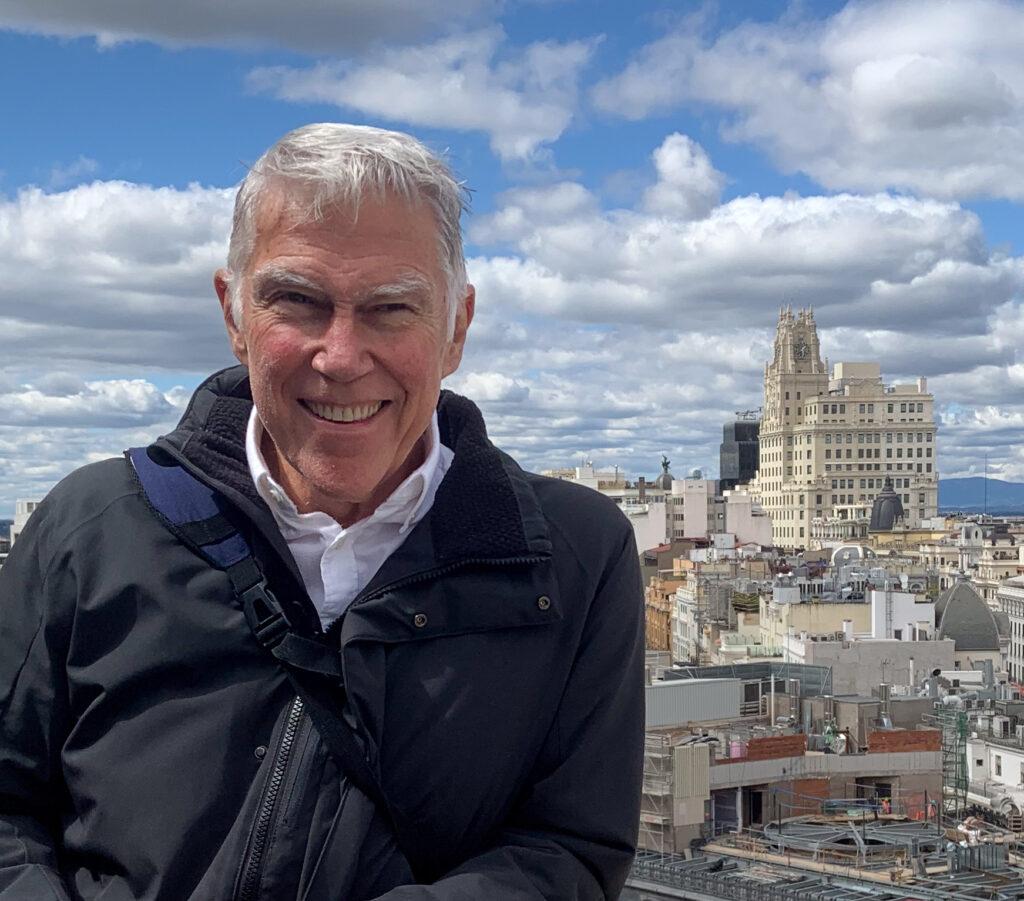
As a scholar of Spanish literature and culture Bernardo Antonio Gonzalez studies theater, film and the performing arts in relation to politics and society in modern Spain. In his publications and teaching, he treats the stage and screen as a site where Spaniards seek to process the dominant challenges they face as a society: how to reconcile minority and dominant national discourses in accordance with democratic values; what role new or foreign modes of thought and style should play in reshaping cultural identity; what strategies to adopt for making amends with the legacy of fascism or for reconciling distinct cultural traditions with an increasingly fluid and interconnected world.
Gonzalez is currently working on various projects, including a book on Cipriano de Rivas Cherif, a pioneer in stage direction who helped renovate Spanish theater during the avant-garde era (1920s) and advance the cause of democracy during the Spanish Second Republic (1930-1939).
Gonzalez has taught at Wesleyan since earning his Ph.D. in Romance Languages and Literatures from the U. of California-Berkeley, in 1979. During this period, he has directed Wesleyan’s Program in Madrid several times and he has spearheaded the creation of new programs at the U. Carlos III de Madrid, the U. de las Américas in Puebla, Mexico and the U. of Bologna, Italy. In 1992, he was appointed to set up the university’s Office of International Studies, an operation he has administered on different occasions. In 2015, he was appointed to create and direct Wesleyan’s new Center for Global Studies, a project designed to bring intercultural competency and foreign language proficiency to the heart of Wesleyan’s liberal arts education.

